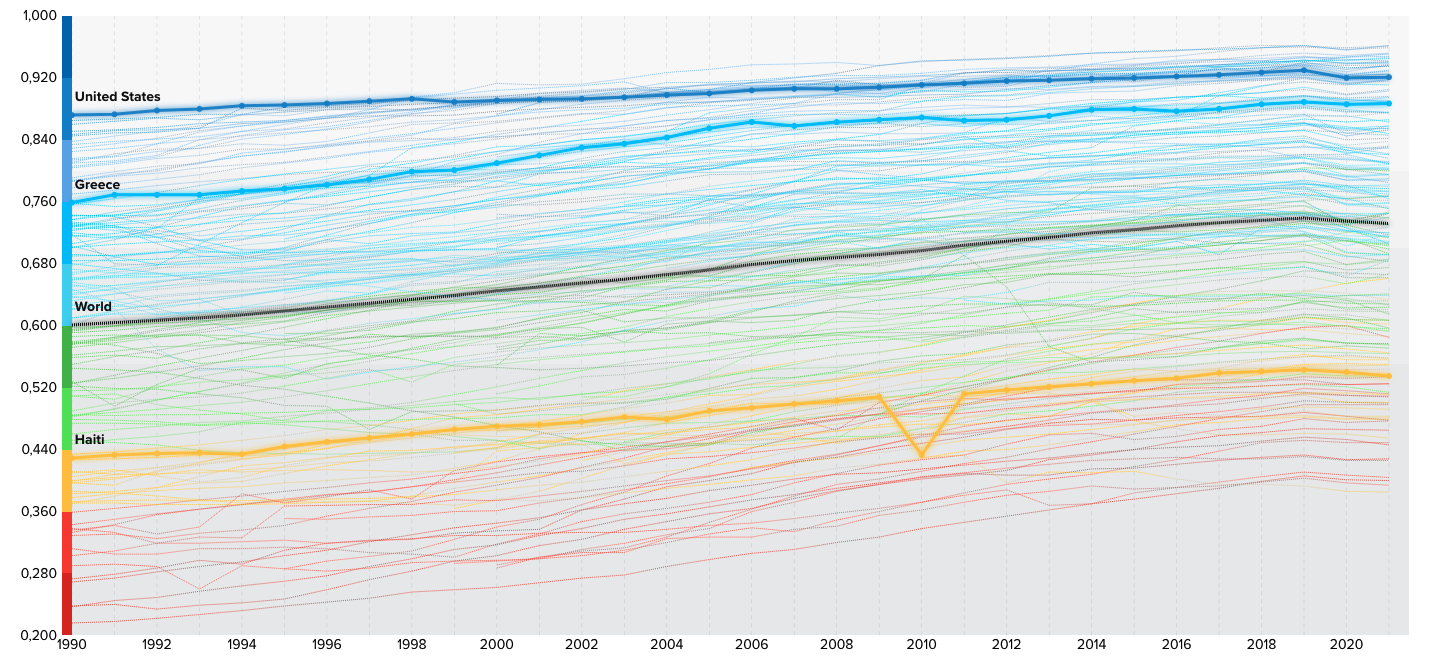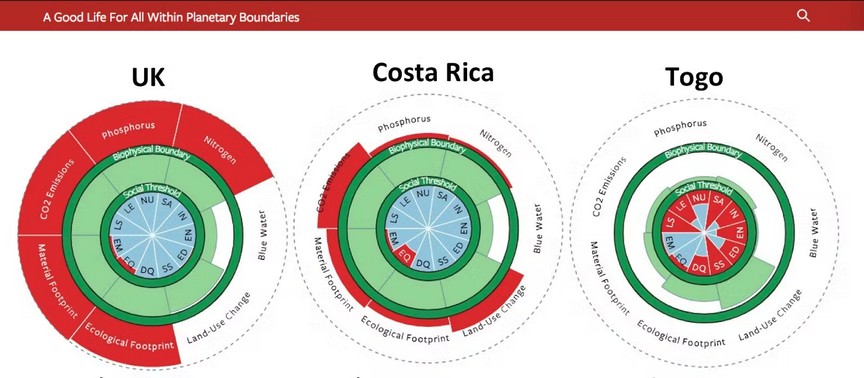Beyond GDP: diverse metrics for global progress, embracing well-being and equity
Closing the year, we think of what we have accomplished and where are we heading. Growth and performance are great yet they can’t be the only measure of success. We need to consider wellbeing too.
Large organizations have started measuring success by including non-financial indicators to assess their environmental and social impacts.
What about governments and countries? Set aside Gross Domestic Product (GDP) as a Key Performance Indicator (KPI) on how our economies are doing, what other indicators exist?
The Human Development Index
The Human Development Index (HDI) is a statistical measurement tool developed by the United Nations to measure a country’s overall achievement from a social and economic standpoint, based on the health of the people, their level of education and standard of living.
2. The Better Life Index (BLI)
Better Life Index (BLI) was developed by the Organisation for Economic Cooperation and Development (OECD). They identified 12 measurable things essential to well-being: housing, income, jobs, community, education, environment, civic engagement, health, life satisfaction, safety and work-life balance.
3. The Doughnut Economics framework
The Doughnut Economics framework is a strategic compass for municipalities and countries: it's a tool that creates a blueprint to assess whether a country or a municipality creates a safe and just space for humanity in balance with nature. It presents how many social goals are reached and how many planetary boundaries are transgressed.
Source: https://goodlife.leeds.ac.uk/
Moving past GDP
Our global economic measuring system of GDP does not account for materials or services taken from nature in any capacity. GDP only measures the activities of production and consumption inside the boundaries of a country.
There is no assessment of losses, only gains. For example, caretaking activities provided by a family member have zero value in GDP, whereas paid childcare does. Similarly, the loss of marine system health after an oil spill is not accounted for.
Therefore the above propositions seek to rectify this system failure. Finland, Iceland, Scotland, Wales, and New Zealand are all members of the Wellbeing Economy Governments partnership (source) looking to integrate wellness and other sustainability measurements into their GDP assessement.



